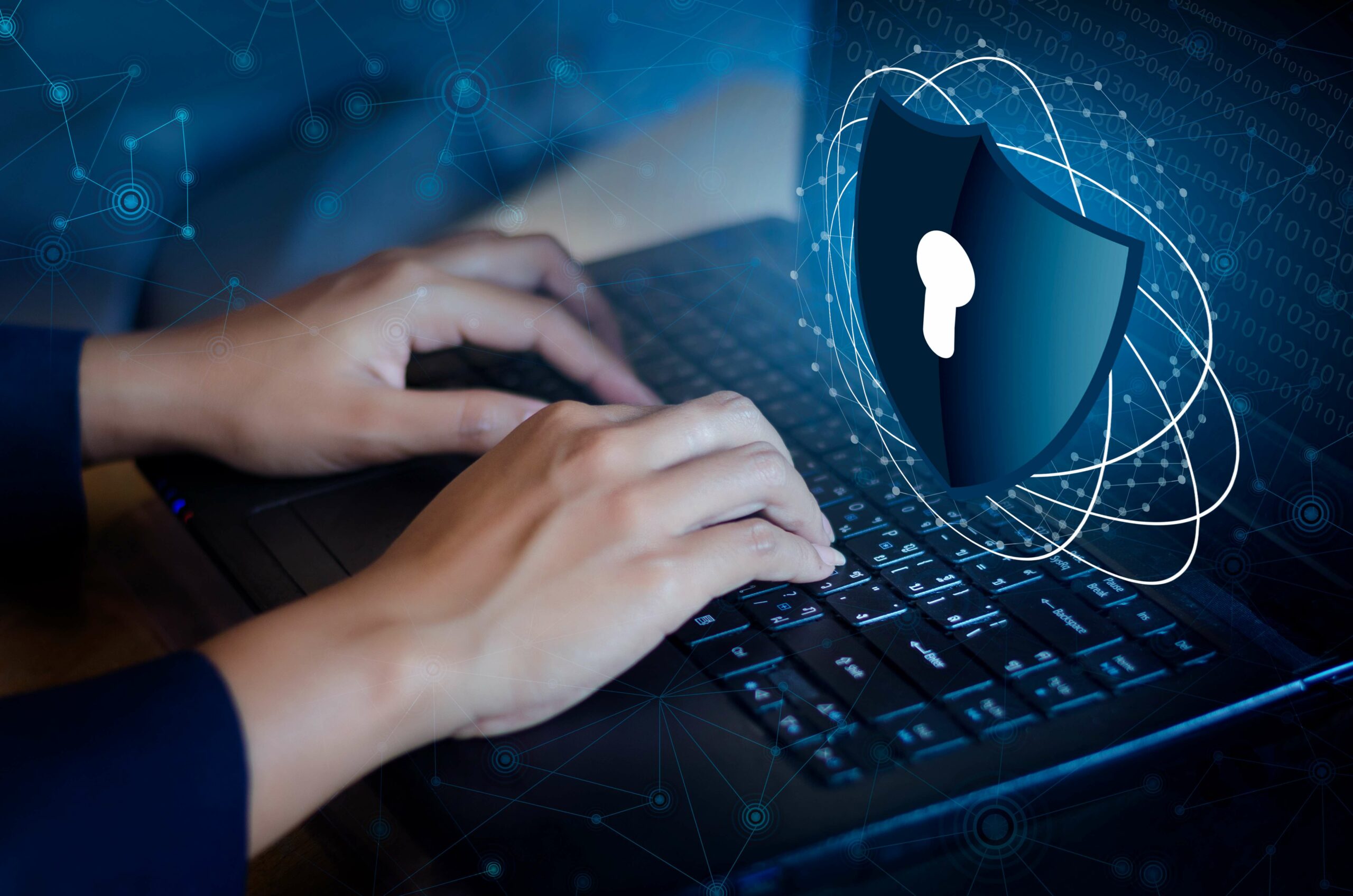In our digital age, the importance of Internet privacy cannot be overstated. As we increasingly live our lives online, from socializing to shopping and banking, we expose more of our personal information to potential threats. This blog post will guide you through understanding Internet privacy, setting strong passwords, securing your social media accounts, and much more. Let’s take a proactive step towards protecting our digital footprint together.
Understanding Internet Privacy
Internet privacy, also known as online privacy, is the privacy and security level of personal data published via the Internet. It’s about protecting data from being stolen or misused by third parties. Threats to Internet privacy are constantly evolving and can come in various forms, including identity theft, phishing scams, spyware, and more. By understanding these threats, you can better safeguard your information and maintain control over your online presence.
Setting Strong, Unique Passwords
A crucial step in protecting your online information is creating strong, unique passwords for each of your online accounts. A strong password is typically at least 12 characters long and includes a mix of uppercase and lowercase letters, numbers, and symbols. Avoid using obvious information such as your name, birthdate, or common words. Password managers can help generate and store complex passwords securely. They encrypt your password data and allow you to access all your passwords with a single, strong master password. Keep in mind that you should regularly update your passwords and never share them with others.
Securing Your Social Media Accounts
Social media platforms are a part of our daily lives, but they can also be a source of privacy concerns. Ensure you’re familiar with the privacy settings on each platform you use, and adjust them to a level you’re comfortable with. Limit the amount of personal information you share and be mindful of who can see your posts. It’s also a good practice to regularly review your friend or follower lists and remove any unfamiliar or inactive contacts. Remember, anything shared online, even in private messages, can potentially be made public, so always consider the potential impact before posting.
Safe Online Shopping Practices
Online shopping offers convenience and a wide selection of products at your fingertips. However, it’s important to ensure your transactions are secure. Only shop from reputable vendors. Check the website’s URL – secure sites should start with “https://” instead of just “http://”. This ‘s’ indicates that the site uses encryption to protect your information. Be cautious of deals that seem too good to be true, as they often are. Use secure payment options such as credit cards or secure payment services. Avoid direct money transfers. Keep records of your transactions and regularly check your bank and credit card statements for any discrepancies.
Using Secure and Private Networks
Whenever you connect to the Internet, particularly through public Wi-Fi, your data can potentially be intercepted by others on the same network. Avoid accessing sensitive information such as your bank account or personal documents when connected to public Wi-Fi. Virtual Private Networks (VPNs) are a tool that can help protect your privacy online. A VPN encrypts your Internet connection, making it much harder for others to intercept and view your data. This is particularly important when using unsecured networks. However, remember that while a VPN enhances your privacy, it doesn’t protect you from malware or phishing attacks, so continue to practice safe online behaviors.
Internet privacy is an increasingly important aspect of our digital lives. Protecting your online information doesn’t need to be a daunting task. By understanding the basics of Internet privacy, setting strong, unique passwords, securing your social media accounts, practicing safe online shopping, and using secure and private networks, you can significantly reduce your risk of falling victim to cyber threats. Keep in mind that as technology evolves, so do the threats. Therefore, staying informed about the latest security practices is essential. Remember, Internet privacy isn’t just about protecting your information; it’s about preserving your freedom and control in the digital world. Here’s to safer browsing!





